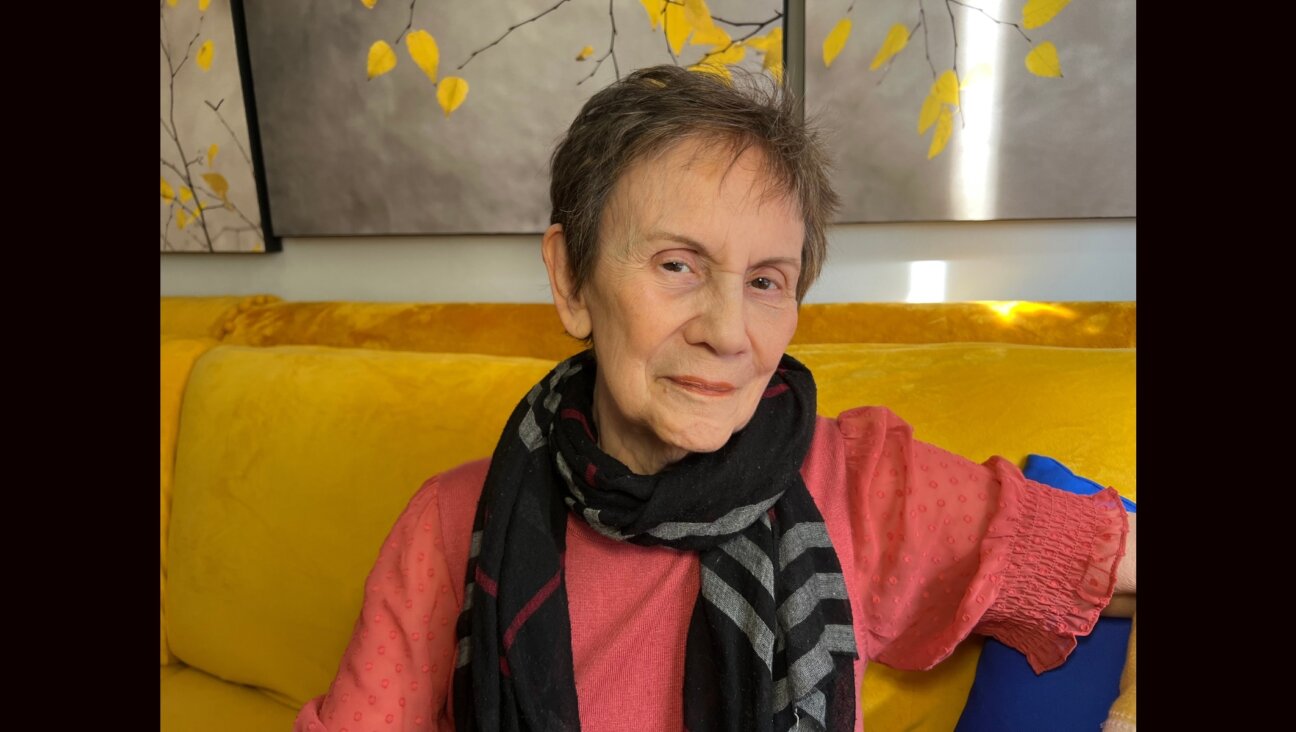A Ladino Singer Rebels –– With Flamenco
Yasmin Levy should be a very happy woman. The Jerusalem-born singer is perhaps the most visible and popular performer of contemporary Ladino music. Critics gushed over her 2001 debut album, “Romance & Yasmin,” and well-received performances at the World of Music, Arts & Dance festivals in Singapore and Madrid in 2004 and 2005 have garnered Levy the kind of crossover success to which few others in the genre come close.
But when it comes to discussing her second release, “La Juderia” and its heavy flamenco influence, Levy sounds more like a spurned exile.
“People [in the Sephardic-Ladino community] in Israel are angry with me,” said Levy, 28, referring to the flamenco. “It’s something I had to do, and I can tell you today, I’m not a flamenco singer.”
“La Juderia” does indeed have a considerable flamenco flavor. A Ladino-based album in melody and content that incorporates flamenco rhythms, contemporary Spanish and Arabic instrumentation, “La Juderia” was blasted by critics who felt the album was a scattershot, effort-lacking focus. But the criticism has made Levy defiant.
“My intention is to not only be a Ladino singer. I can do both. I can offer the world more than Ladino,” she insisted, “but I will sing Ladino for the rest of my life.”
Levy is the daughter of Yitzhak Levy, a renowned Ladino ethnomusicologist and musician who died when she was 1 year old. She was virtually weaned on his recordings, yet she had turned away from his music. But when she was 17, a family friend persuaded her to sing one of her father’s old songs.
“That’s the only thing I have from him: his voice,” Levy said of her father’s recordings.
It was Yitzhak Levy, in fact, who helped usher in the present-day Ladino musical revival when, in 1959, he published the first of a 14-volume set of field recordings. Yet he also left instructions for his wife to destroy the original tapes to avoid criticism that he was misinterpreting the songs. Without original recordings, he thought people would not be able to second-guess whether his work was accurate. (He was wrong; the criticism he feared has indeed been lobbed at him posthumously.)
“For me it’s a great loss that you cannot hear the people,” Levy said. “But you can hear the song. You do have the song. You just don’t have the original tape.”
“Everything he recorded you can look at in the books,” Levy said. She acknowledges the incalculable loss while attempting to defend her mother, who ended up burning thousands of reels of tape.
Levy is unmindful of neither the controversy surrounding her father nor the perilous state of Ladino culture. But so, too, is she an artist who sees herself belonging to a larger musical tradition in which flamenco is a tangible link to Jewish and Muslim religious songs. She said she still had much to learn, and confided that for a time she did everything she could to run away from the music, though today she’s developed a newfound appreciation. “I grew up with Ladino and so it’s logical I’d want to do something else.
“Everyone wants Ladino, but I said to myself, ‘I have to do what I want.’ People have to hear me as a singer.”
Eric Marx is a freelance writer based in New York City.
The Forward is free to read, but it isn’t free to produce

I hope you appreciated this article. Before you go, I’d like to ask you to please support the Forward.
Now more than ever, American Jews need independent news they can trust, with reporting driven by truth, not ideology. We serve you, not any ideological agenda.
At a time when other newsrooms are closing or cutting back, the Forward has removed its paywall and invested additional resources to report on the ground from Israel and around the U.S. on the impact of the war, rising antisemitism and polarized discourse.
This is a great time to support independent Jewish journalism you rely on. Make a gift today!
— Rachel Fishman Feddersen, Publisher and CEO
Support our mission to tell the Jewish story fully and fairly.
Most Popular
- 1

Opinion The dangerous Nazi legend behind Trump’s ruthless grab for power
- 2

Opinion I first met Netanyahu in 1988. Here’s how he became the most destructive leader in Israel’s history.
- 3
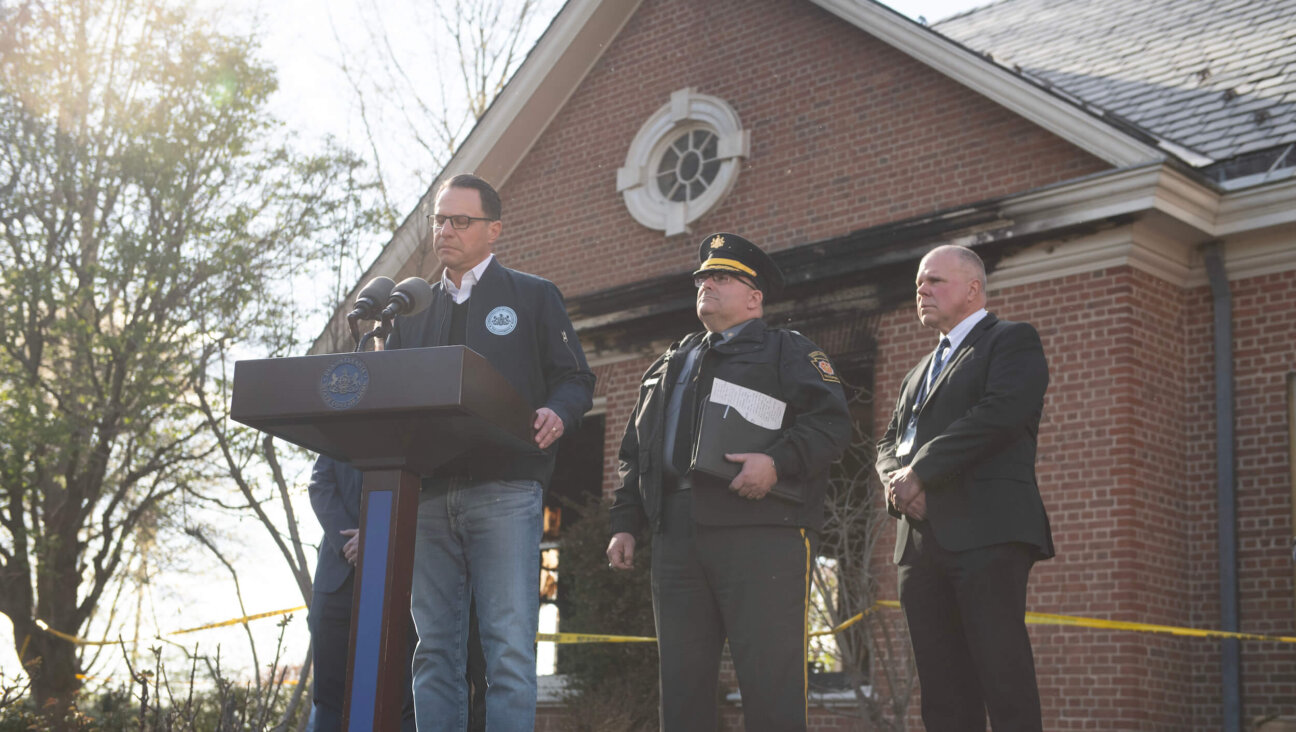
Opinion Yes, the attack on Gov. Shapiro was antisemitic. Here’s what the left should learn from it
- 4

News Who is Alan Garber, the Jewish Harvard president who stood up to Trump over antisemitism?
In Case You Missed It
-
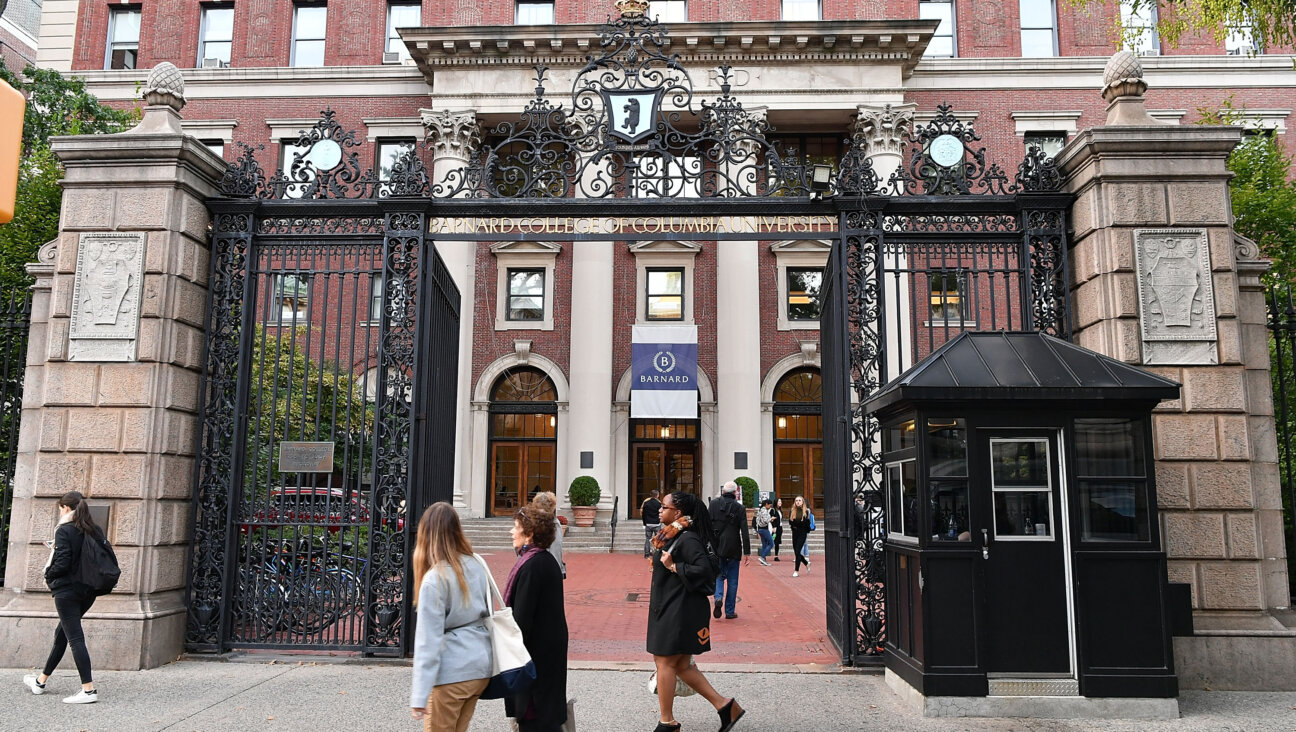
Fast Forward A federal agency survey reportedly asks Barnard employees if they’re Jewish
-
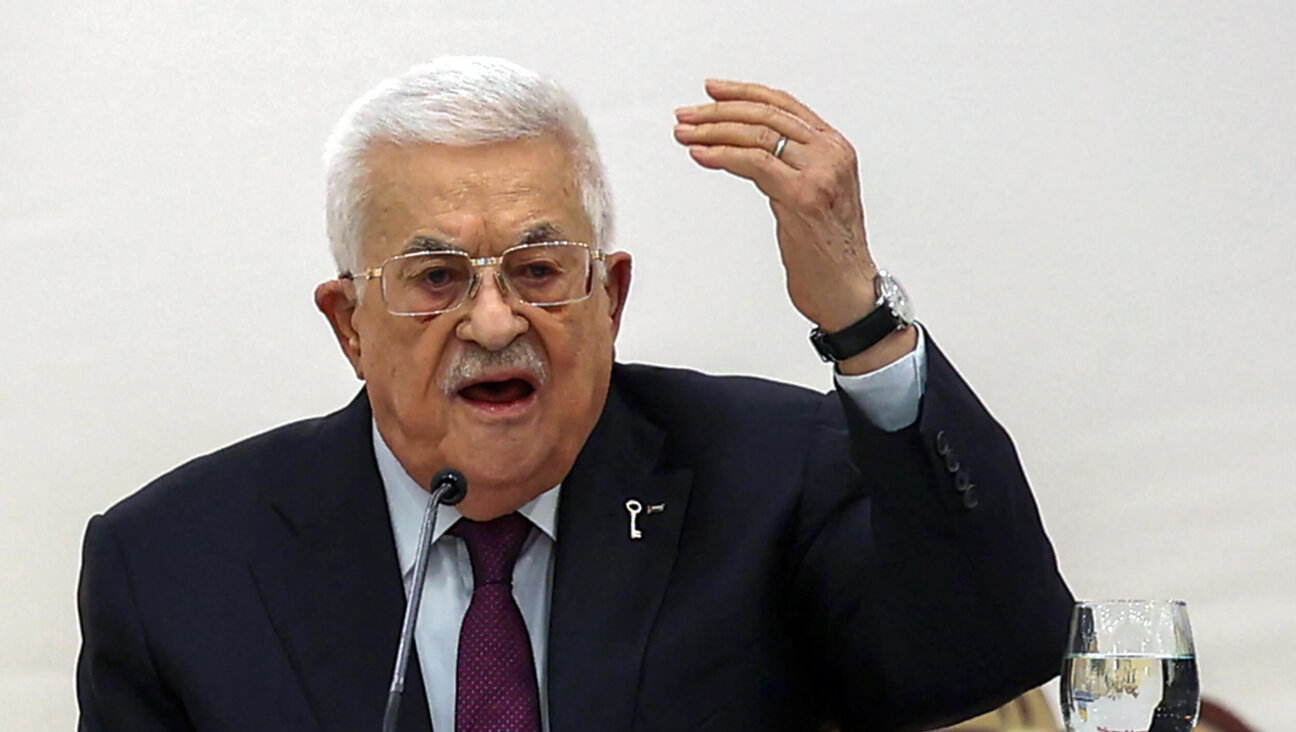
Opinion A Palestinian leader just gave Trump an unprecedented opening to pursue peace
-

Fast Forward NIH bans grants for schools that boycott Israeli companies
-
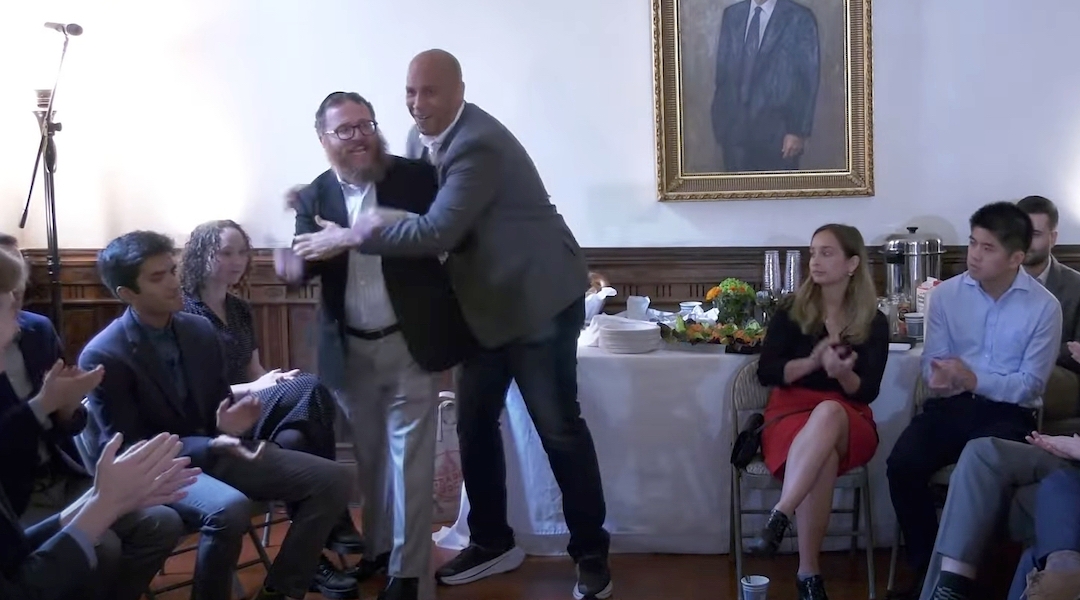
Fast Forward An elite Jewish society at Yale fractures over its director’s embrace of Itamar Ben-Gvir
-
Shop the Forward Store
100% of profits support our journalism
Republish This Story
Please read before republishing
We’re happy to make this story available to republish for free, unless it originated with JTA, Haaretz or another publication (as indicated on the article) and as long as you follow our guidelines.
You must comply with the following:
- Credit the Forward
- Retain our pixel
- Preserve our canonical link in Google search
- Add a noindex tag in Google search
See our full guidelines for more information, and this guide for detail about canonical URLs.
To republish, copy the HTML by clicking on the yellow button to the right; it includes our tracking pixel, all paragraph styles and hyperlinks, the author byline and credit to the Forward. It does not include images; to avoid copyright violations, you must add them manually, following our guidelines. Please email us at [email protected], subject line “republish,” with any questions or to let us know what stories you’re picking up.









